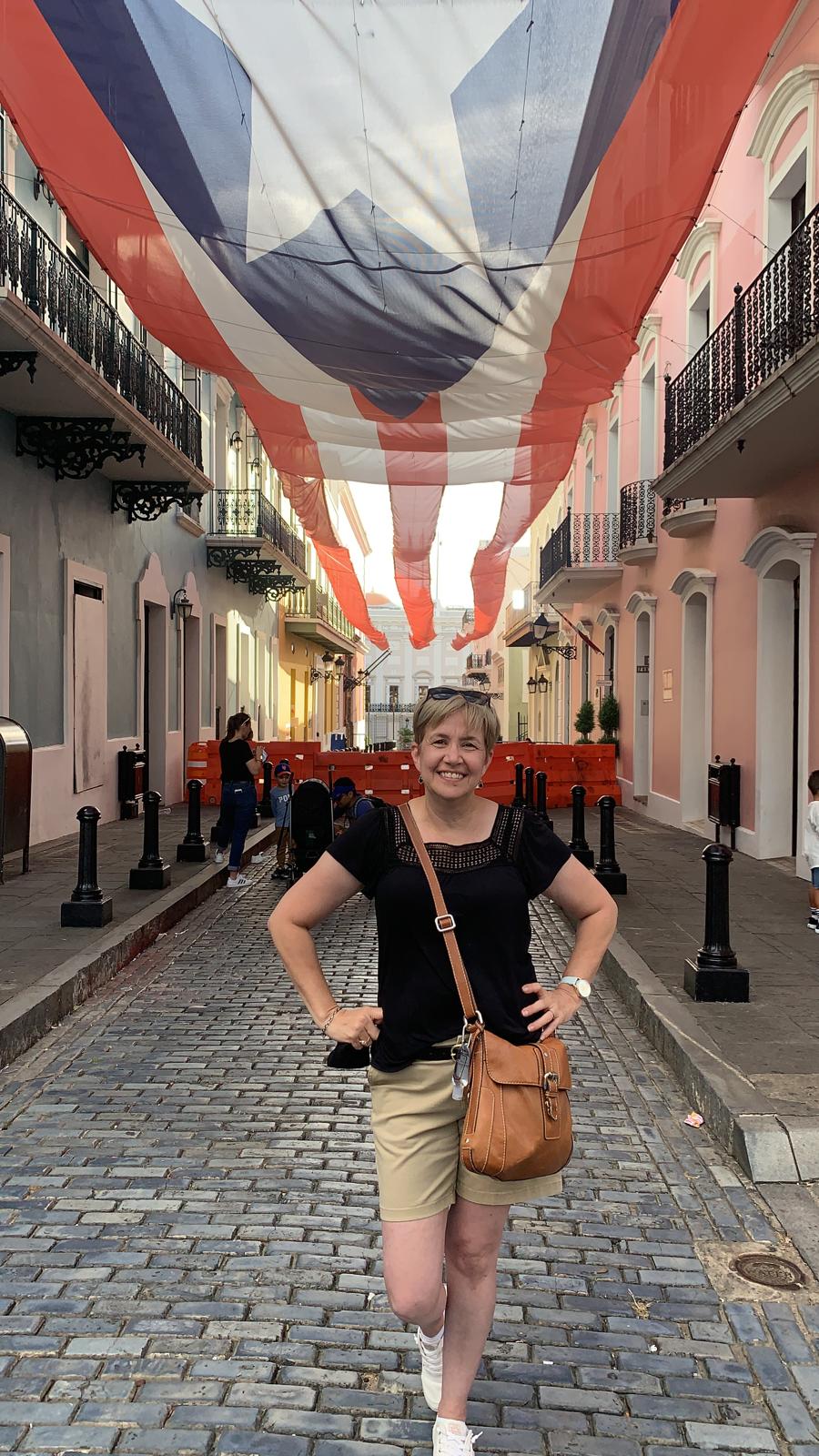Posted on February 2, 2021 by Amanda Cerreto
This article originally appeared in UTSA Today.
FEBRUARY 1, 2021 — As part of UTSA's mission of community engagement and public service, the university is committed to helping Texas Child Protective Service workers. A clear example of this mission in action is the Title IV-E Program, a federally funded program allowing employees in Texas Child Protective Services to obtain graduate degrees in social work.
 Since 2012, CPS workers from across the state have come to UTSA to receive their master's degrees to further their careers and better serve the community. CPS workers do not have to have any background in social work.
Since 2012, CPS workers from across the state have come to UTSA to receive their master's degrees to further their careers and better serve the community. CPS workers do not have to have any background in social work.
The Title IV-E Program gives higher education social work programs, like the one at UTSA, funding to provide stipends to CPS workers who want to become social workers. As a result, the CPS workforce is strengthened and employees are armed with the tools they need to effectively make decisions about children experiencing severe abuse or neglect in their families.
The 50th student to come through the Title IV-E program is Paula Betancourt , a CPS legal worker. Betancourt says she always had a strong affinity for social work, even as a young girl working in a grocery store.
"I would take my lunch with the homeless people, and I just really enjoyed talking to them and sharing my lunch with them," she said. "I realized how much helping people and getting to know them is my passion."
Although she initially went to school for engineering, she knew it wasn't the right career for her.
While looking for work when applying to undergraduate programs, Betancourt came across CPS and decided to apply.
“Everybody has a history and a story,” she said. “If we are able to help people make positive changes in their lives and keep children safe, I want to be that person to be a part of those good changes for people.”
Betancourt is now in her second semester at UTSA, and says she thoroughly enjoys all of her classes.
“I really enjoy the research on different countries. I learned how government and how policies affect people’s lives in different communities, and also about how people identify themselves, and how these identities affect their interactions within their communities in a positive or negative way.”
Betancourt believes this program will not only benefit her work with CPS, but that it can have a ripple effect. CPS workers, she explained, aren't always armed with the tools they need to make the biggest impact. She believes that if more people take advantage of this program, they can make a bigger impact on communities.
“The knowledge I'm attaining at UTSA will help me better serve future clients and my community in my role at CPS,” Betancort said. “It has equipped me with the tools to work with people who are different from me. We really want to provide the best service to parents, keeping children safe and keeping families together.”

